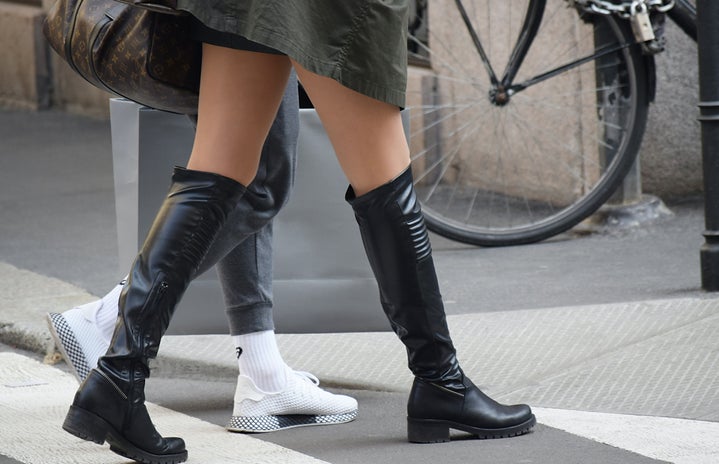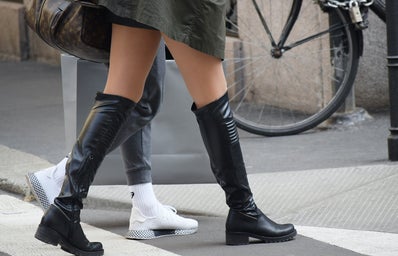In a conversation about androgynous fashion, I asked some of my friends which celebrities did they think of who exemplified androgyny. Their most common responses were celebrities like Harry Styles, King Princess, or Billy Porter. The pattern I saw was intriguing. When thinking about androgyny, they were more likely to think of a white person, like Ezra Miller or Ruby Rose, than a person of color. The only person of color anyone mentioned at all was Billy Porter. Questions swirled in my mind – why had no one thought to say someone like Willow Smith or Lilly Singh? Why are so many people of color excluded from androgyny? And why must the budding celebration of androgyny come at the expense of people that look like me?
Harry Styles’ Met Gala look has become quite literally the image of androgyny. And beneath it are pictures upon pictures of white models in suits and colorful shirts. And if you scroll far down enough, you might see a few changes in skin color, but not noticeably. And as a young, bisexual woman of color, wanting to explore a less-feminine style of fashion didn’t seem all that possible to me. Besides, who can I look up to for inspiration when all of the models are white? How will I know which colors and patterns will best compliment my skin?
Having something as broad as androgyny still be tailored to a white audience says a lot about where the space for people of color is, if there even is one at all. It says that dressing according to your preference and not gender-specific is still for white people only, and that someone like me who may not want to dress like a stereotypical woman all the time doesn’t even have that option.
Part of the reason I think people have this misconception exists is because they don’t fully understand the scope that androgyny covers. As it has become more immersed into mainstream cultures, it has become just a passing thought of men in skirts and women in ties, or a “unisex” section of a clothing store. But androgynous fashion offers a kind of freedom that most people don’t even realize they’re looking for. I know I didn’t, until the day I decided to wear a suit to prom instead of a dress, and realized I had never felt so much more confident in myself. And it’s for celebrating that everyone can present themselves however they want, and the self-acceptance that so many of us are tired of looking for everywhere else.


